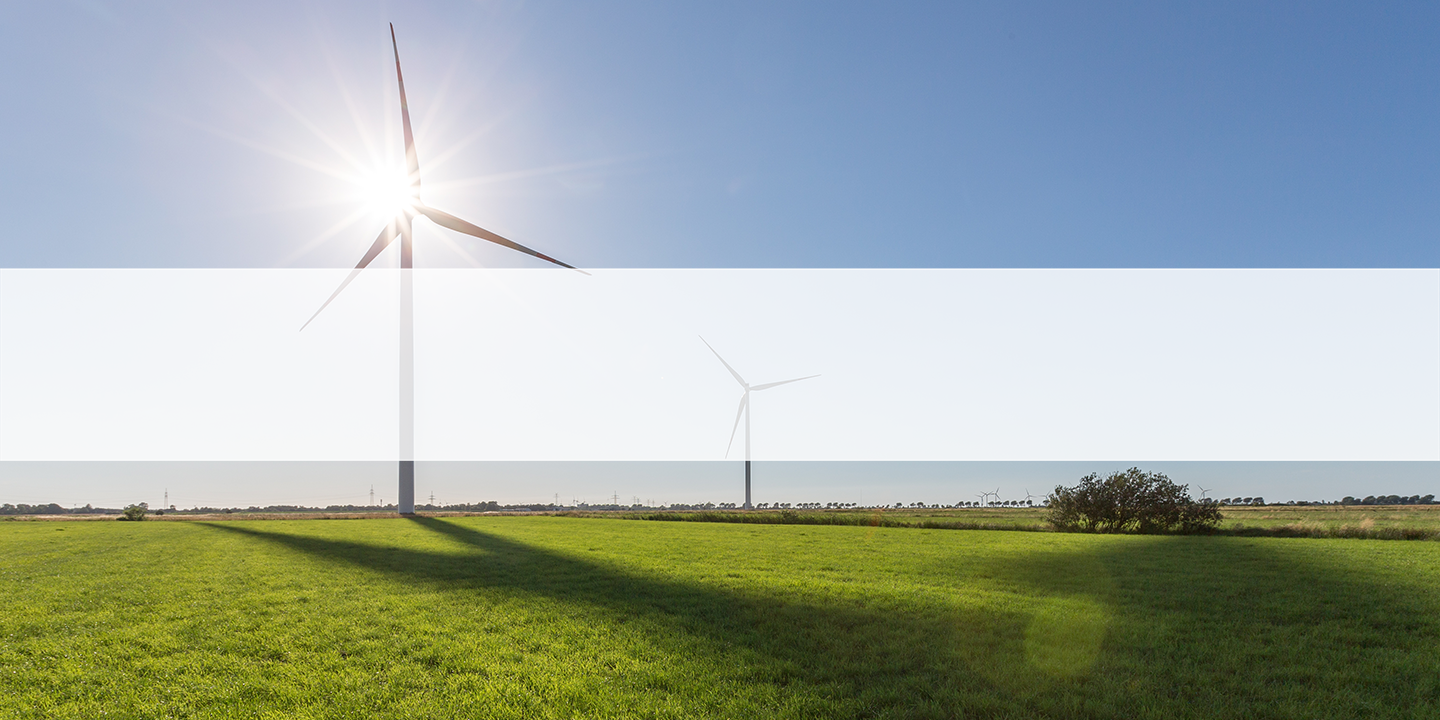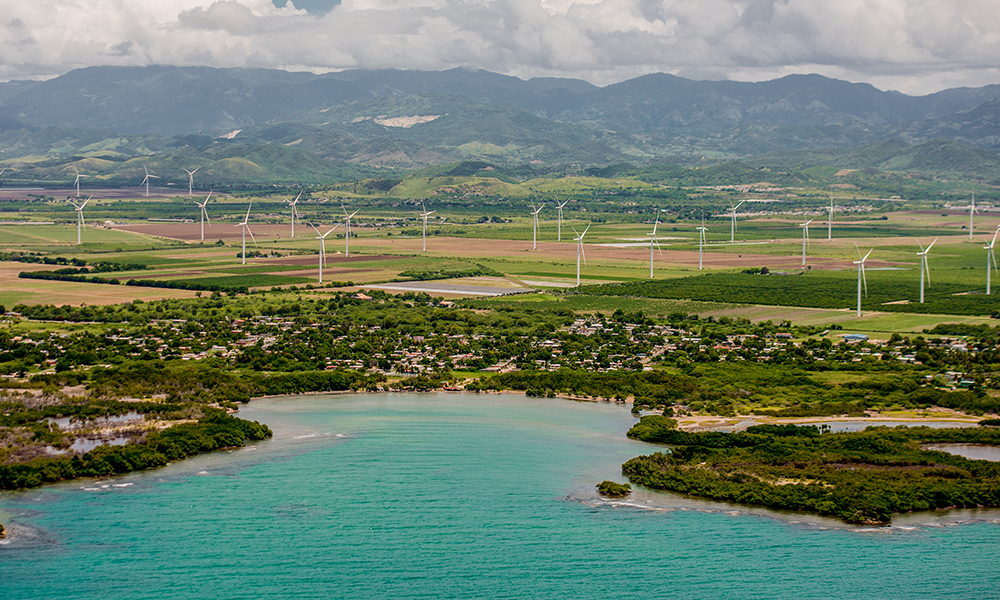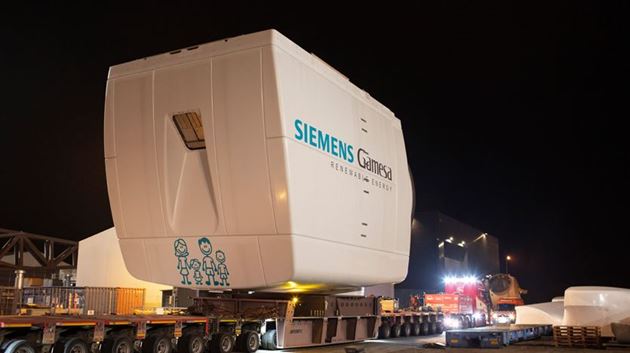
Siemens Gamesa at B20: urging major economies to accelerate the energy transition
G20 nations are speeding up negotiations to set the agenda for the upcoming COP26 global climate talks in Glasgow. The G20 is the international forum that since 1999 annually brings together the world’s leading economies - its members account for more than 80% of world GDP, 75% of global trade and 60% of the population of the planet. The next date when they will convene is at the G20 heads of State and Government summit on October 30-31 in Rome where the group will try to reach a consensus on how to raise and accelerate climate ambitions.

The four recommendations of the Energy & Resource Efficiency Task Force that the B20 will deliver to the G20 are the following:
1. G20 members need to accelerate the energy transition towards a more sustainable carbon neutral energy mix and a more efficient use of energy. This will contribute to meet the carbon neutral goal of the Paris Agreement and the targets that are set by the National Determined Contributions (NDC). The main policy actions are the following:
- Shift energy end-uses towards clean energy – G20 members should promote and accelerate the shift in the energy end-uses, driving the substitution of fossil fuels with Decarbonized Electricity and other carbon neutral energy sources and carriers based on a cost effectiveness approach that will include indirect or direct costs of externalities as well.
- Increase efficiency – G20 countries should sustain the increase of energy and resources use efficiency, substantially reducing energy intensity of domestic GDP while supporting its growth, with dedicated actions towards industrial and consumers sectors, building, transport and cities.
- Develop infrastructures – The G20 should promote the development and modernization of infrastructures to sustain the transition towards a carbon neutral energy mix.
2. Provide effective policy pathways to foster sustainable growth and secure the energy transition
- Leverage sustainable finance – The G20 should encourage and drive the adoption of common ESG frameworks and disclosures to foster the financial sector’s role in supporting business transition towards long-term sustainable economic activities and value creation for stakeholders.
- Drive carbon pricing – The G20 should drive effective and robust carbon pricing taking into account local market particularities and promote strategic dialogue to lay the foundation for global mechanisms to evaluate environmental concerns, while quickly phasing out direct or indirect inefficient energy subsidies. COP26 is a perfect opportunity to set the foundations of a global carbon pricing market.
3. Ensure resilience and inclusivity of global resource supplies
- Foster supply chain resiliency – G20 members should improve the resilience of global infrastructures to cope with adverse climate events, cybercrime, and other disruptive events.
- Commit to a just transition – The G20 should commit to a just and inclusive transition across countries, vulnerable communities and economic sectors.
- Guarantee resources access and security – The G20 should commit to grant affordable and secure access to clean energy and water to all communities.
4. G20 members should commit to preserve the equilibrium of the natural ecosystem, promoting a more sustainable use of natural resources
- Exploit circularity practices to reduce the environmental impact of economies – The G20 should promote the deployment of circular economy practices to use global resources more sustainably, increasing international collaboration.
- Enhance sustainable use of marine and terrestrial resources – G20 members should commit to the preservation and restoration of the natural ecosystems, safeguarding life on land and below water.
Francesco Starace, CEO and General Manager of the Enel Group and Chair of the B20-Taskforce on Energy & Resource Efficiency, said at the B20 Summit at the start of October: “The transformation we have in front of us implies inequality which is embedded in any transition of this kind. The inequality stands to show a separation between those who understand what is happening in the transition and push for it, and those who do not understand it and even try to stop it. This is the beginning of the inequality of those who profit from the transformation and those who fail to profit from it. The G20 countries have an incredible opportunity to make this transformation happen in an inclusive way and drive a positive change in global society and the economy”.



